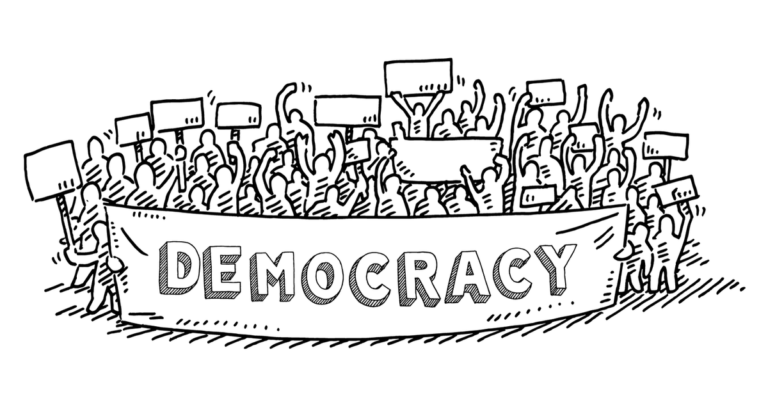Suffering and Smiling in Nigeria
The average Nigerian’s ability to absorb and endure near inhuman shocks is awe inspiring. The legendary Afro-beat star, Fela Kuti, among the earliest observers to decode this national trait, paid it lasting tribute in his track ‘Suffering and Smiling’. Decades later a global survey confirmed Nigerians as the happiest people on earth all amidst extreme privation. Nigerian politicians, like politicians elsewhere, are very attentive students and they have taken note of this national proclivity.

In 2023 after president Bola Tinubu infamously declared at his own presidential inauguration that ‘subsidy is gone!’ many observers of Nigerian politics anticipated the onset of the much awaited social Armageddon in the country because of the impact of cheap energy on national daily life. Indeed, a protest, termed ‘Ten Days of Rage’ was declared and mobilisation of the populace began in earnest. The police on its part also began to mobilise in response. To be sure, the so called countrywide ‘Rage’ began to falter even before the anticipated kick off date, as many chapters across the federations began to declare their unwillingness to engage the state at the barricades. In response the frenetic sponsors of the protest had begun dashing hither and thither in order to ensure the people ventilate their rage. Although the protests finally took off, it almost immediately began to peter out and what was witnessed could hardly be described as angry rage but rather a very tepid outburst. The government sensing the general reluctance to identify with the protests began to pick up the protest organisers one after the other with hardly a murmur from the larger population. To be sure, Nigeria is at present in the midst of a severe cost of living crisis not experienced in generations yet there is hardly a sense of anger among the people except occasional private anger which manifests in solitary denunciation of the government in private spaces.
Although there was a massive uprising against police brutality in 2020 – the so called EndSars riots – there is a general reticence in Nigeria about holding political leaders to account. One can only speculate as to the basis or causes of this national political lethargy. It could be a general aversion to violence due to the civil war a fact Nigerian politicians have often adroitly utilised to browbeat the population into submission or what they often term ‘sober reflection’. It may also be due to the unfortunate unbroken inheritance of poor political leadership since independence which has ended up making the people inured to further hardships. It could also be a combination of afore-mentioned factors and others not highlighted here.
The barricades have now been removed. The police have returned to their stations and the people have equally repaired to their haunts. The country has regained its pre-subsidy removal calm that is until the political class come up with another anti-people policy. However, until that happens Nigerians will continue smiling and suffering for some time to come.



